5 Dried Savory Replacements That Add Herby Notes
Dried savory is a pungent herb that adds a peppery, slightly minty flavor to dishes, often used in soups and stuffing.
When dried savory is unavailable, thyme, marjoram, or rosemary can offer similar aromatic qualities.
Combining these herbs can provide a more nuanced flavor profile that mimics savory’s distinctiveness.
Adjustments in quantity are necessary since each herb varies in potency.
These alternatives preserve the intended herbal brightness and complexity in recipes.
Knowing how to substitute dried savory keeps your cooking flavorful and versatile.
Explore effective options to replace dried savory in your kitchen staples.
When To Swapp Dried Savory
Dried savory has a peppery, herbal taste that works well in many dishes, but there are times when swapping it makes sense. Here are common situations:
Dry Savory Herb Alternatives
Dry savory herbs offer wonderful flavor boosts for soups, roasts, and sauces even when fresh herbs aren't available. Various blends provide excellent replacements. Several dry herb alternatives could elevate your cooking.
Thyme
Dried thyme serves as an excellent substitute for summer savory, matching its intense, minty flavor profile that many cooks appreciate.
The similarity between these herbs allows for a straightforward one-to-one replacement in any dish calling for dry summer savory.
Many professional chefs regularly pair these two herbs together in traditional recipes because of their complementary tastes.
Home cooks can feel confident making this swap without worrying about significantly altering the intended flavor of their dish.
Finding dried thyme is typically easier than locating summer savory in most grocery stores, making it a convenient alternative when needed.
Marjoram
Marjoram stands out as an excellent replacement for dry summer savory because both herbs share similar flavor profiles.
This mint family member offers notes of thyme and dried oregano with subtle mint undertones, making it a seamless substitute in most recipes.
Fresh marjoram tends to be quite delicate and doesn't hold up well to heat, but its dried version performs wonderfully when cooking.
Substituting marjoram is straightforward - simply use the same amount called for in your recipe.
Many cooks find that this swap works particularly well in bean dishes, meat seasonings, and traditional European recipes where savory would typically shine.
Sage
Sage stands out as a versatile spice from the mint family, featuring a strong earthy bitter flavor with subtle notes of citrus and pine that enhance sauces, spice blends, beans, pastries, and seasoned meats.
Many cooks appreciate its distinctive aroma which becomes more concentrated when dried, making it a powerful addition that should be used carefully in dishes.
For recipes calling for sage, substitutions can follow a 1:1 ratio when using other dried herbs, though starting with smaller amounts allows you to adjust to taste.
Herbes De Provence
Herbes de Provence stands out as the best substitute when you need an alternative seasoning in your recipes.
This Mediterranean spice blend combines thyme, sage, rosemary, and summer savory to create rich flavors that enhance various dishes.
Many people appreciate how seamlessly this mixture works in place of other herbs, maintaining the intended taste profile without compromising quality.
The convenient 1:1 ratio makes it simple to swap into any recipe without complicated measurements or adjustments.
Some regional variations might include lavender or marjoram, adding subtle nuances that can pleasantly surprise your taste buds.
Oregano
Oregano offers similar flavors to marjoram but packs a stronger punch, which is why these herbs are often confused with each other.
This popular Mediterranean herb delivers a distinctive minty and citrus profile with slight bitterness, making it remarkably similar to summer savory in taste.
When cooking, you can easily swap oregano for summer savory using the same measurements without compromising your dish's flavor profile.
Many chefs appreciate oregano's versatility in Italian cuisine, particularly in tomato-based dishes and pizzas where its robust character truly shines.
Home cooks who grow oregano in their gardens enjoy the added benefit of having this perennial herb readily available year after year with minimal maintenance.
When Should I Avoid Using Stronger Herbs as a Savory Substitute?
Strong herbs like rosemary have bold, piney, and sometimes resinous flavors that can easily overpower a dish if not used carefully. Here are situations when you might want to avoid substituting with rosemary:
Use rosemary thoughtfully, in moderate amounts, and preferably in recipes that allow time for its flavors to infuse and soften.
Homemade Dried Savory Alternative
A homemade dried savory alternative can be created by blending herbs and spices that mimic its peppery, slightly earthy flavor. Here is a perfect formular for it.
Ingredients:Mix thoroughly, store in an airtight container away from light and heat, and use the blend in the same proportion your recipe calls for dried savory.
This homemade mix works well in bean dishes, roasted vegetables, meatless stews, and bread recipes, providing a balanced herbal punch that’s close to the original.

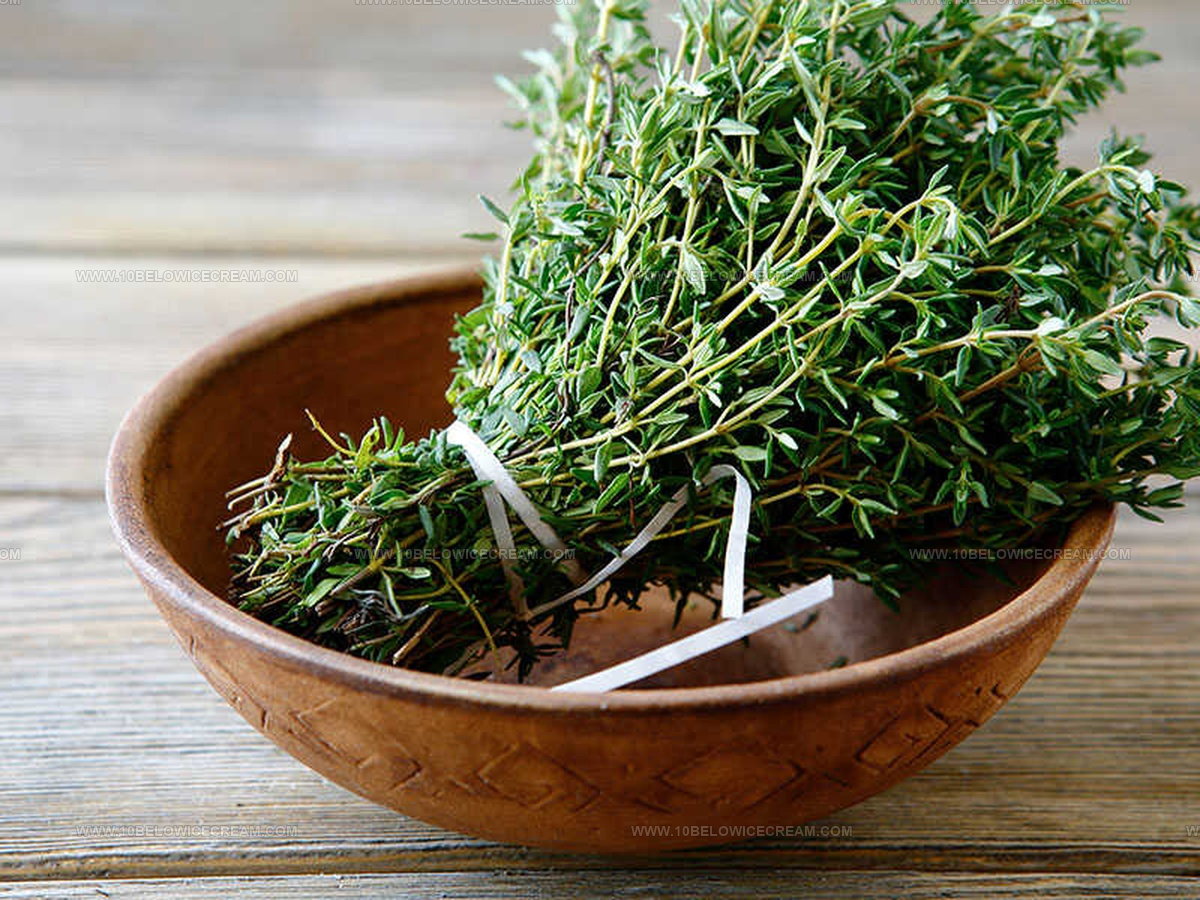
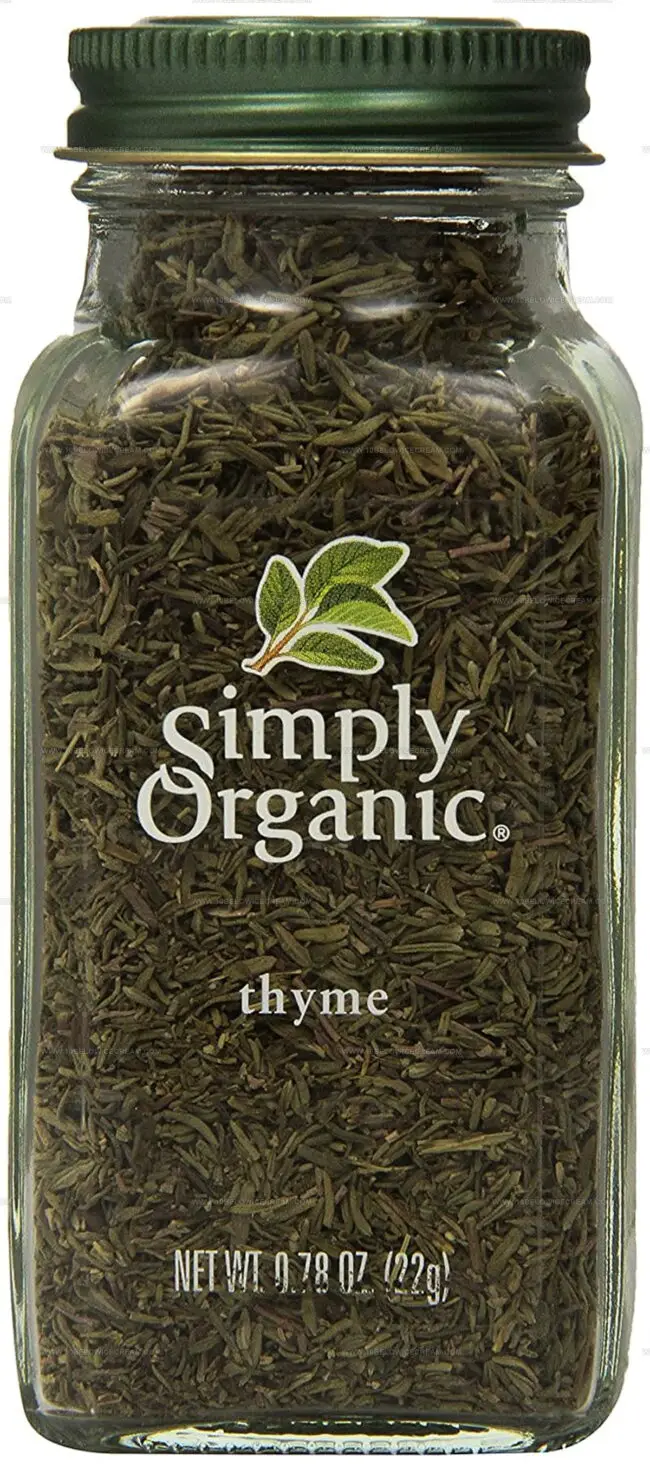
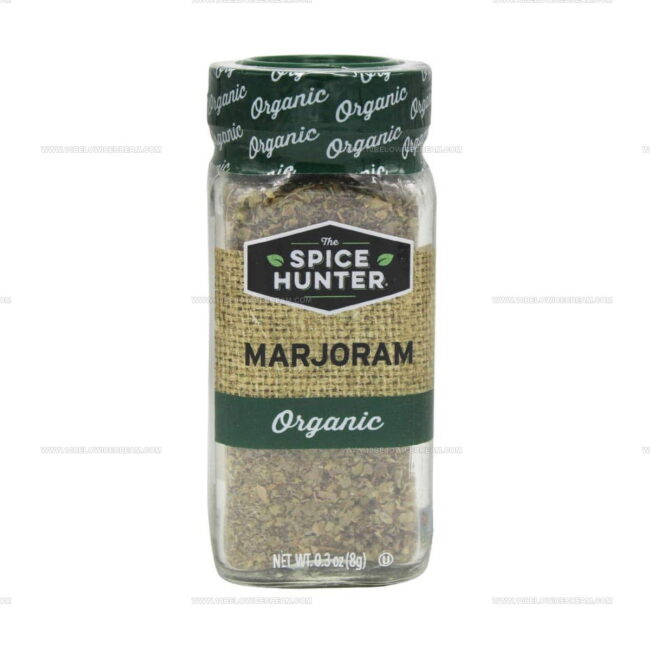
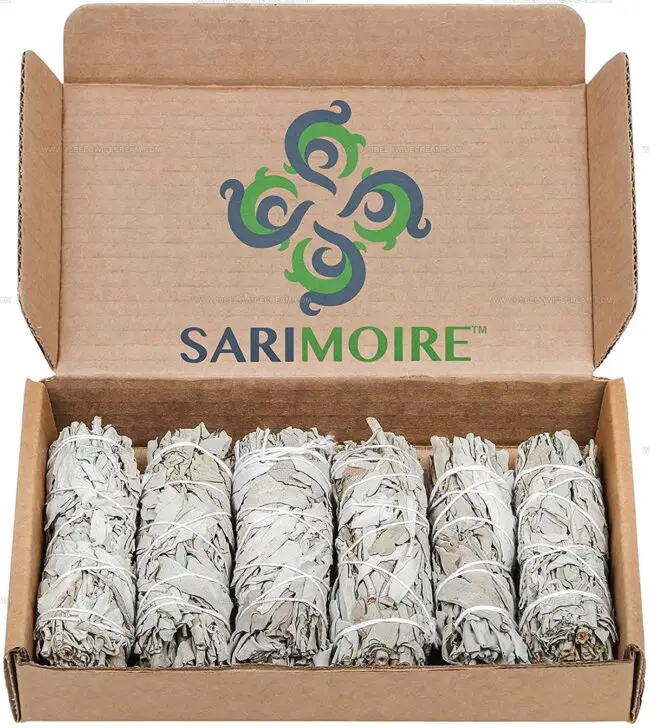
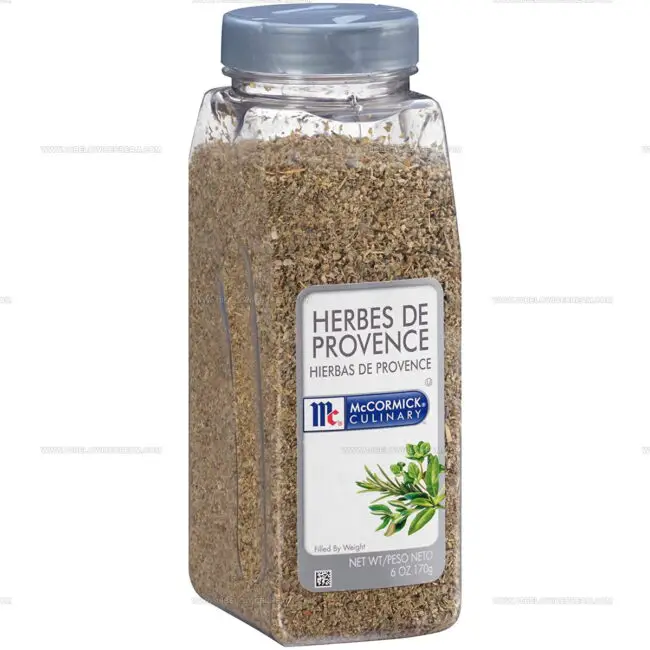
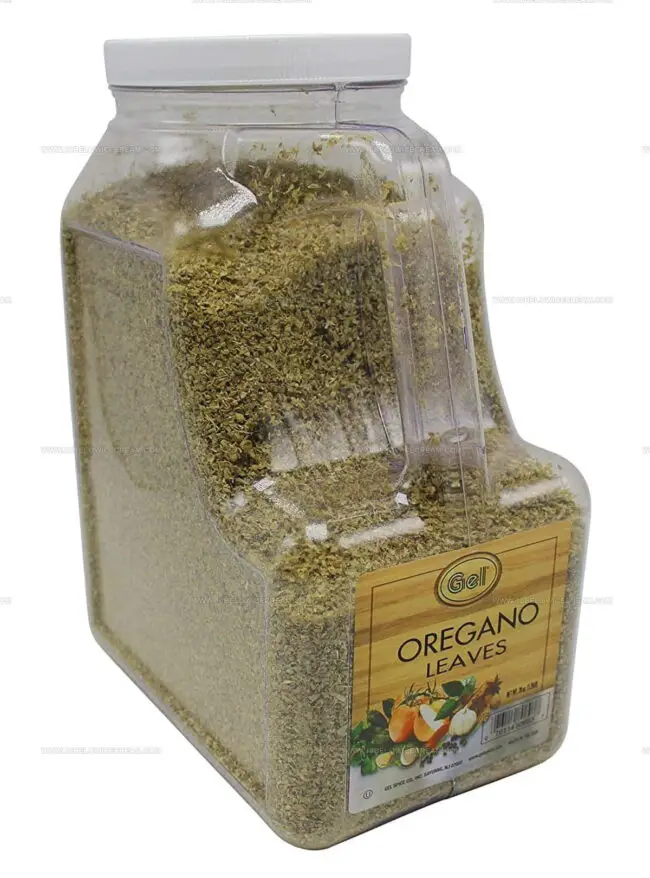
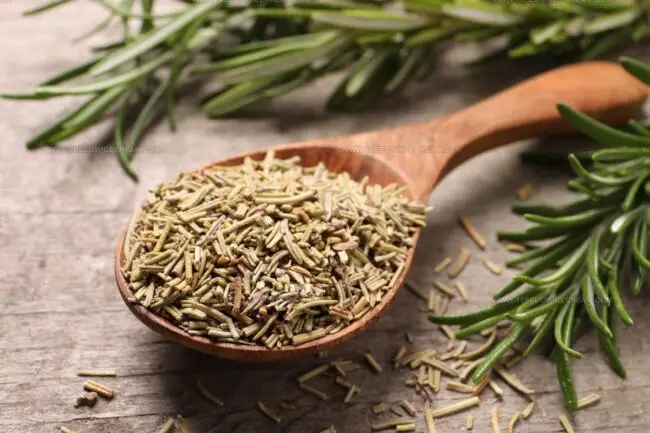
Olivia Brooks
Contributing Writer
Expertise
Education
Culinary Institute of America
Accelerated Culinary Arts Certificate Program
Focus: Culinary fundamentals, nutrition, and healthy cooking technique
Olivia believes good food should feed both the body and the soul. She earned her Accelerated Culinary Arts Certificate from the Culinary Institute of America, where she focused on nutrition and practical cooking techniques that make healthy eating easy.
At 10 Below Ice Cream, Olivia shares single-serving recipes that are fresh, plant-forward, and full of heart. She loves helping people eat better, without stress, strict rules, or sacrificing flavor.
Beyond the kitchen, Olivia spends her time tending her backyard garden, practicing yoga, and discovering hidden gems in Portland’s food scene.